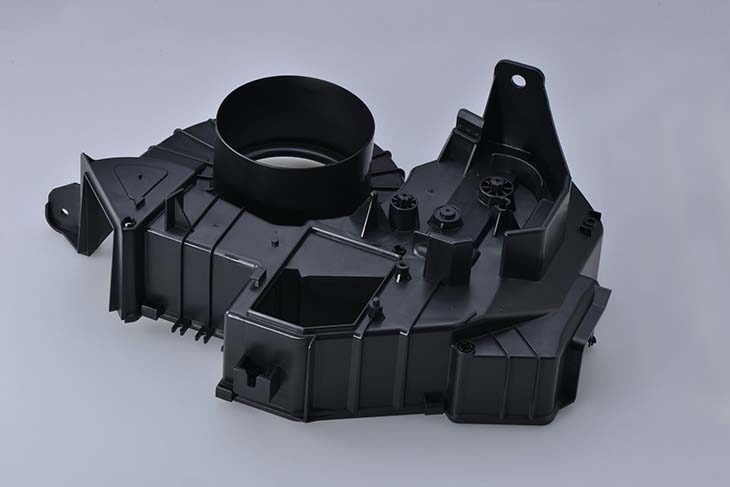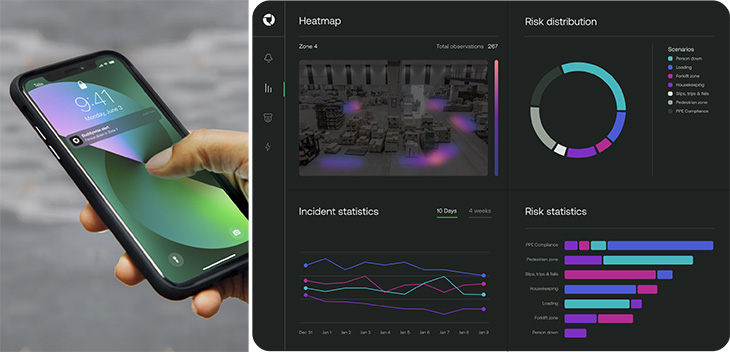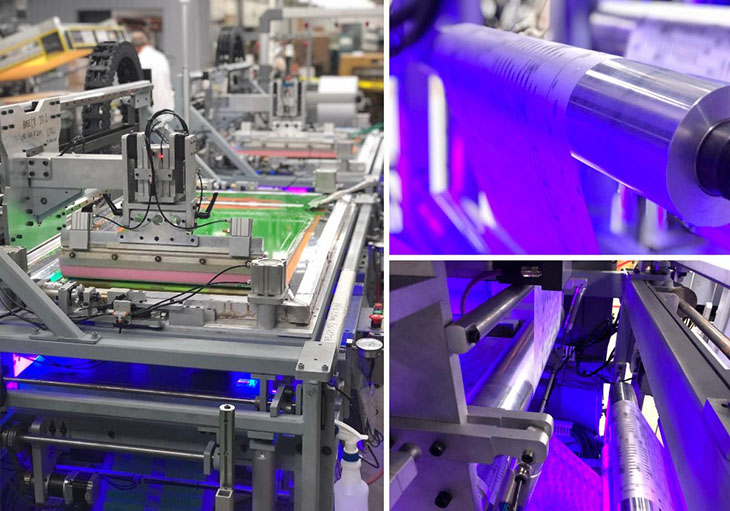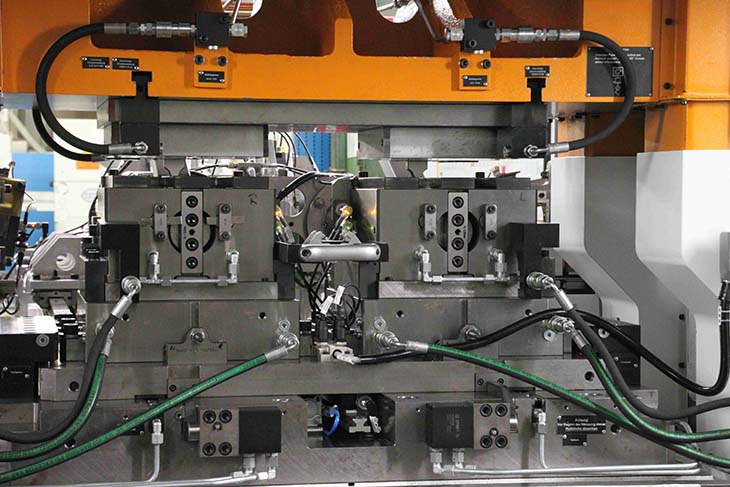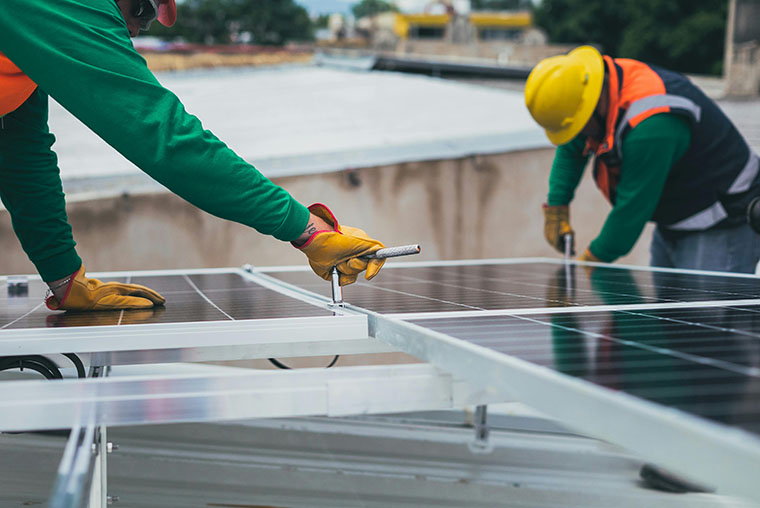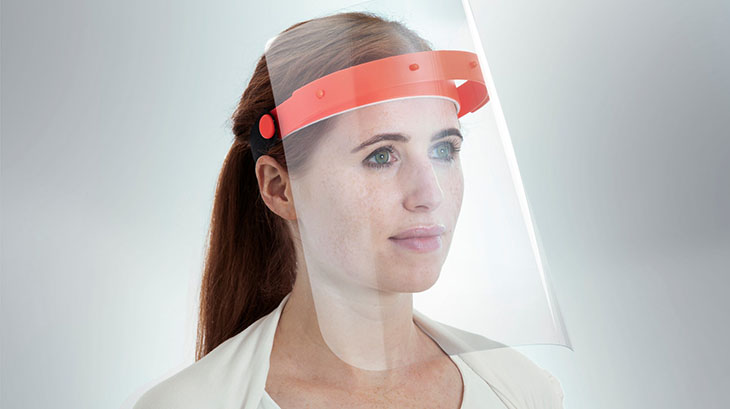Humanity has reached a very exciting and interesting time, a time when we are all beginning to realise that the way we live and work is likely to undergo sweeping changes. The COVID-19 pandemic, in particular, has taught us that increased digitalisation, driven by the adoption of disruptive technologies, will reshape the future of work and our ways of collaborating with one another.
‘The future of work after COVID-19’ report by McKinsey states that remote work and virtual interactions will likely be the norm in the coming years and there may be faster adoption of Artificial Intelligence, especially in jobs with high physical proximity. Managing this change in how we do business will require a new kind of leadership.
For many of us, the last 16 months have been an eye-opening experience in terms of accepting that we are all susceptible to the conditions that we are co-creating in this fragile global ecosystem. It is now more important than ever that we leverage technology to create collaborative communities that can innovate and develop skills of the future. The changes we make today will ensure that we can successfully transform our society to a state of symbiosis along with the rest of the planet.
For this, we need to empower and inspire more women to step up into positions of leadership so that we can create organisational cultures that are more feminine, inclusive, flexible, collaborative and nurturing. Strong female representation will also create cultures that develop passion and purpose in talent while delivering triple-bottom-line reporting – people, planet and profit. By bringing more women into leadership, these cultures will naturally evolve.
Women Lead the Way
The United Arab Emirates has long been a trailblazer in promoting equal representation of women across all levels of government, particularly in senior leadership positions. In 2020, the UAE ranked first in the female parliamentary representation index of the IMD World Competitiveness Yearbook. In addition, the country topped the Middle East and North Africa (MENA) region rankings in the World Bank’s latest ‘Women, Business and the Law’ report. Currently, there are nine female ministers in the UAE cabinet, from Her Excellency Reem bint Ibrahim Al Hashimi, Minister of State for International Cooperation, to Her Excellency Noura bint Mohammed Al Kaabi, Minister of Culture and Youth.
The UAE government’s vision on pushing gender equality has inspired home-grown businesses to prioritise women’s economic empowerment. At Abu Dhabi-based Strata, which produces aircraft structures and components for Boeing and Airbus, roughly 90% the national workforce are women.
Indeed, there’s plenty of evidence to suggest that female leadership will promote significant economic growth and reduce income inequality in the coming years. According to the Boston Consulting Group (BCG), if both male and female entrepreneurs participated equally in economic activities, global GDP would rise by 3% to 6 %, boosting the world economy by USD 2.5 trillion to USD 5 trillion.
The research also found that the highest rates of women’s entrepreneurial intentions were reported in the MENA region, underscoring the trend of younger women founding companies in countries like the UAE, Saudi Arabia and Qatar. If gender inequality is disbarred for entrepreneurs, the region could realise USD 600 billion annually or USD 2.7 trillion by 2025, according to BCG.
As a serial entrepreneur and the founder of predominantly female-led businesses that are focused on delivering educational and environmental impact, I recognise the important role female leaders play in creating organisational cultures that are nurturing and compassionate to the needs of their people. And this is why at Beyond Bamboo we are committed to not only creating an online, replicable marketplace but also a community that is quickly building loyalty among sellers and customers passionate about environmental rejuvenation.
An important opportunity to lead the dialogue on women’s empowerment and the future of gender equality will take place at the fourth edition of the Global Manufacturing and Industrialisation Summit (#GMIS2021). Set to take place in Dubai between November 22-27, this unique international platform will gather leaders from governments and the world’s largest organisations to shape the future of industrial growth, sustainable development, gender equity and other critical issues. I look forward to contributing to the ‘Women in Leadership’ panel at #GMIS2021, which will bring together experts from diverse disciplines to discuss the role of women as decision-makers and active members of information-driven societies.
In the coming years, as businesses become even more globalised and as flexible working conditions become the norm, we need more women in positions of power to ensure that our talent is effectively adding value across all industries and areas of work. In particular, as we emerge from COVID-19 lockdowns and work together to agree what the future of work and economic prosperity looks like, this culture change towards achieving a balance in masculine and feminine leadership will be crucial to future-proof the way we live.
As for me, I am excited about the future where female leaders with high emotional intelligence and digital skills will lead the way across all walks of life through greater collaboration, communication and supportive competition, raising the bar for everyone.
Written by Tiffany Kelly














